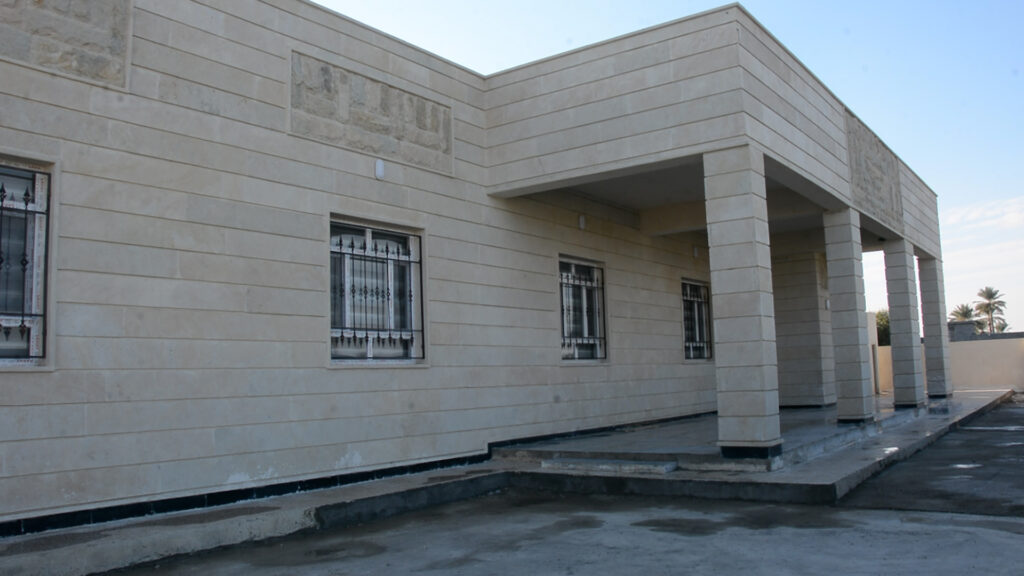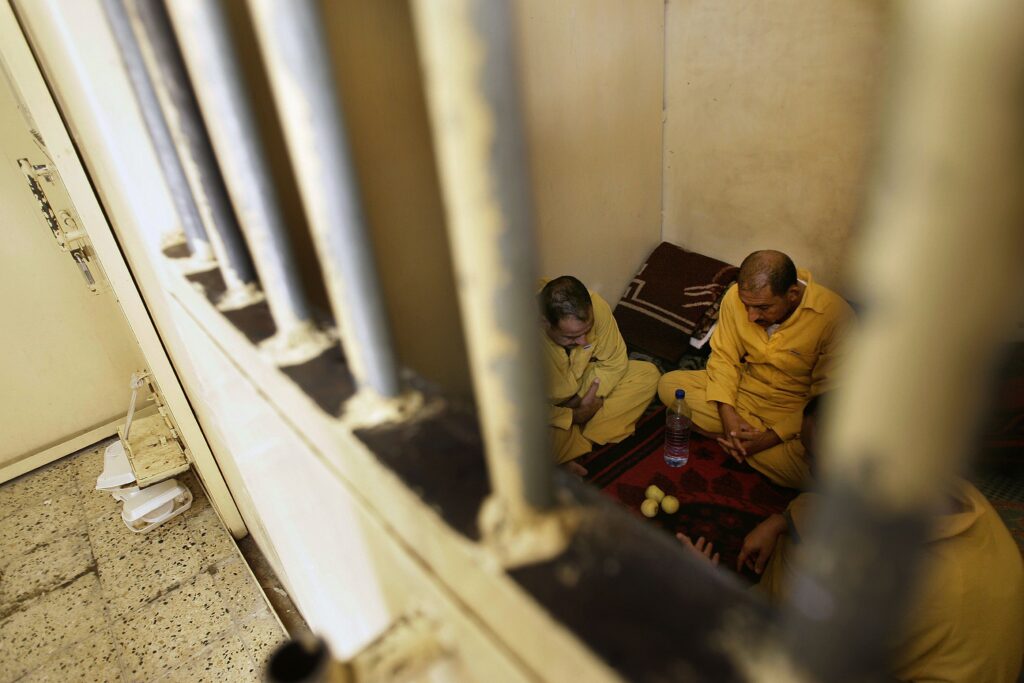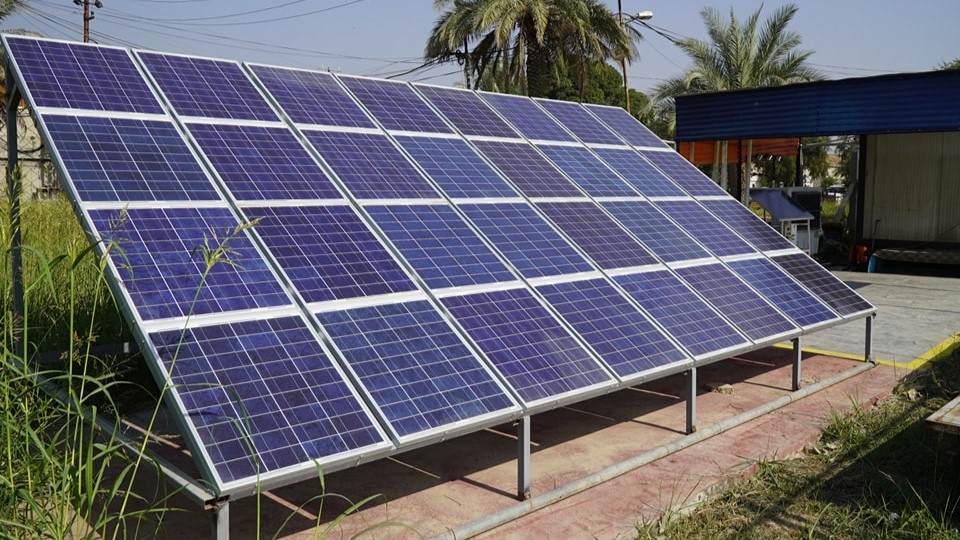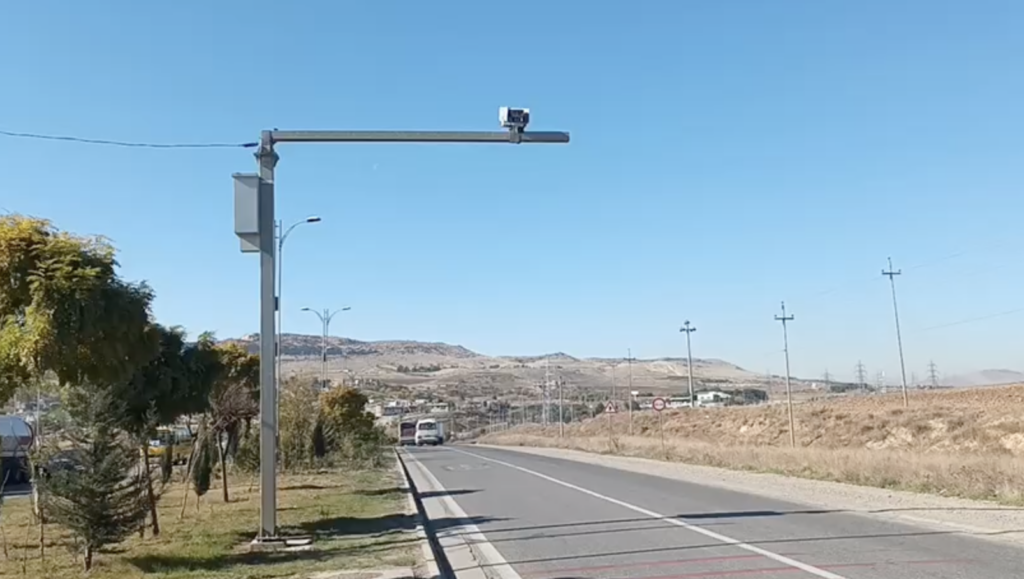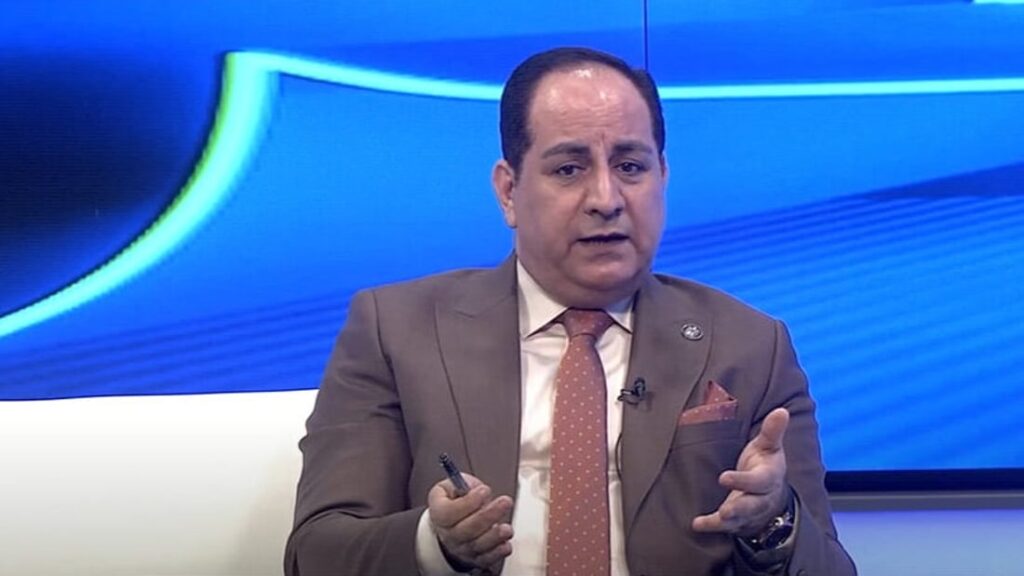Syrian Arab Republic: UNHCR - Syria Factsheet (June 2019)
With the Syria crisis in its ninth year, humanitarian needs remain staggering in terms of scale, severity and complexity, with significant protection risks continuing in a number of areas across the country.
According to the 2019 Syria Humanitarian Needs Overview (HNO), some 11.7 million people are still in need of humanitarian assistance, of whom 5 million people are in acute need.
Rapid, safe and unhindered humanitarian access remains challenging. The UN continues to advocate for sustained access for humanitarian actors to provide assistance and protection to all people in need, across the affected area.
Working with Partners and Public Institutions
UNHCR’s main governmental counterpart in Syria is the Ministry of Foreign Affairs and Expatriates (MoFAE). Line ministries essential for UNHCR’s work include the Ministry of Social Affairs and Labor (MoSAL), the Ministry of Local Administration and Environment (MoLAE) and the Ministry of Interior (MoI). UNHCR with other UN agencies also maintained its relations with the High Relief Committee and the Coordination Commission on Returns that is chaired by the Minister of MoLAE.
As of end of June, UNHCR has 25 partners including six international NGOs, 17 national NGOs and two government entities (Ministry of Local Administration and Environment and Ministry of Higher Education). The Syrian Arab Red Crescent (SARC) is one of the key humanitarian agencies in Syria that is engaged in various aspects of humanitarian response.
UNHCR’s position as lead agency for both the Protection/Community Service Sector and the Shelter and Non-Food Items (NFI) Sector makes it a key player in the coordination structures and response. The Shelter Sector is co-led by UNHCR and the Ministry of Local Administration and Environment, whereas the NFI Sector is led by UNHCR in close coordination with SARC.
UNHCR will maintain its strategic partnerships with UNICEF, UNFPA, UNDP, WFP, UN HABITAT, WHO, UNRWA and FAO focusing on livelihoods and self-reliance projects. Along with other UN agencies, UNHCR will increasingly engage with development actors to analyse and assess needs for a smooth reintegration of returnees within the broader recovery and development agenda of these actors should the situation evolve. UNHCR Syria will continue to engage in the inter-agency discussion on a framework which succeeds the 2016-2019 “Strategic Framework for Cooperation between the Government of the Syrian Arab Republic and the United Nations”.

